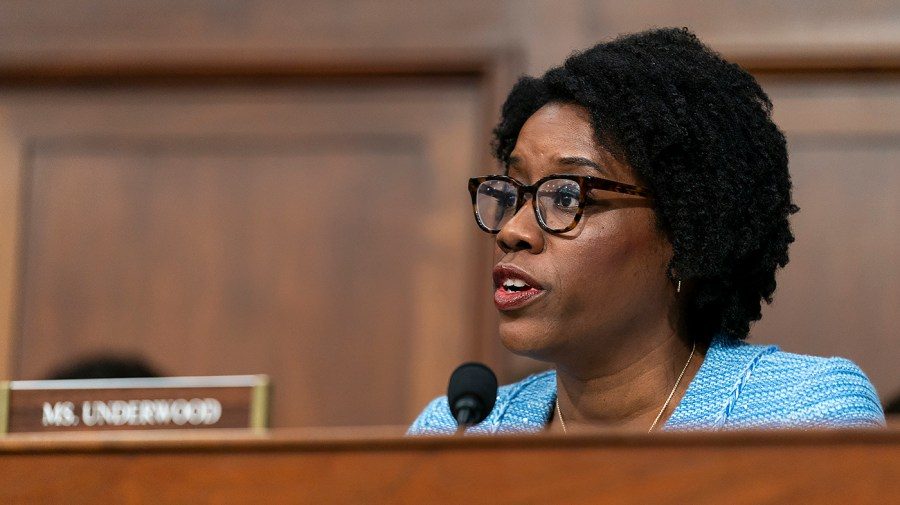House and Senate Democrats are pressing leadership to quickly pass legislation extending ObamaCare’s enhanced subsidies before they expire at the end of 2025.
Sen. Jeanne Shaheen (D-N.H.) and Rep. Lauren Underwood (D-Ill.) led a letter sent Wednesday to bipartisan leaders in both chambers urging them to act “at the next possible legislative opportunity.” It was signed by 41 Senate Democrats and 154 House Democrats.
The enhanced subsidies were first put into effect during the height of the coronavirus pandemic as part of the economic recovery law. The enhanced subsidies increase financial help to low-income individuals who qualify for plans with cheap, or even zero-dollar premiums.
Millions of enrollees have come to rely on the enhanced subsidies, and they’ve helped boost health insurance enrollment to record levels. Many of the people who have benefited the most are in red states that haven’t expanded Medicaid.
If the subsidies are allowed to expire in 2025, tens of millions of Americans will likely see a sudden increase in their health insurance costs. The Congressional Budget Office (CBO) said it expects enrollment in the health exchanges to drop sharply from an estimated 22.8 million in 2025 to 18.9 million in 2026.
“Extending them is essential to preventing a sudden increase in out-of-pocket costs and preserving the largest expansion of coverage since the Affordable Care Act (ACA) was signed into law more than a decade ago,” the Democrats wrote.
“By including provisions to extend the enhanced PTCs in the soonest possible legislative opportunity and creating a pathway for making them permanent, we can finish the job for the American people and keep quality health care within reach for our constituents.”
But extending the subsidies would be extremely expensive; according to the Congressional Budget Office, permanently extending ObamaCare’s tax credits would increase the deficit by $335 billion over the next 10 years. But 3.4 million more people annually would have health insurance.
Republicans are balking at the price tag, and argue too many high earners are getting taxpayer-subsidized insurance. They are digging in for a fight.
At the same time, the health industry is mobilizing to protect the subsidies. Last week, a new coalition launched featuring some heavyweight industry and advocacy groups — including such disparate allies as the Federation of American Hospitals, Families USA, AARP, and the insurance lobby America’s Health Insurance Plans (AHIP)
Whoever controls Congress after the November elections will be able to decide whether to let the subsidies expire or seek to extend them permanently, or attempt some kind of grand bargain under divided government.

